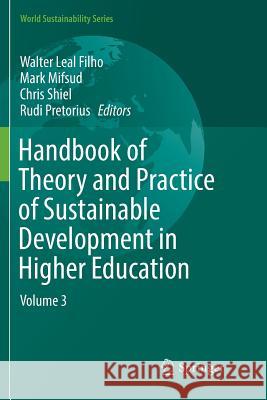Handbook of Theory and Practice of Sustainable Development in Higher Education: Volume 3 » książka
topmenu
Handbook of Theory and Practice of Sustainable Development in Higher Education: Volume 3
ISBN-13: 9783319838526 / Angielski / Miękka / 2018 / 408 str.
Kategorie BISAC:
Wydawca:
Springer
Seria wydawnicza:
Język:
Angielski
ISBN-13:
9783319838526
Rok wydania:
2018
Wydanie:
Softcover Repri
Ilość stron:
408
Waga:
0.58 kg
Wymiary:
23.39 x 15.6 x 2.18
Oprawa:
Miękka
Wolumenów:
01
Dodatkowe informacje:
Wydanie ilustrowane











